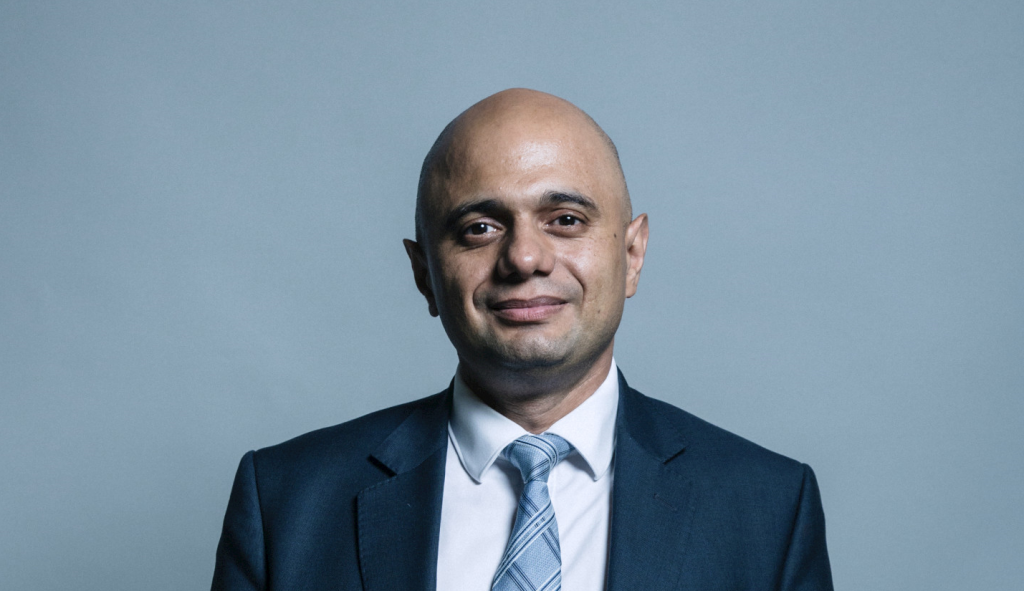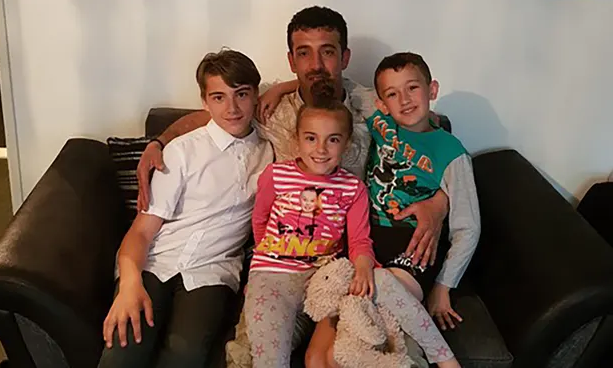An Iraqi man who brought his baby niece into the UK in the back of his car faced being deported on Tuesday – but has since been granted leave to remain.
Najat Ibrahim Ismail, 35, is an Iraqi Kurd with a British wife and three young British children. He was prosecuted for trafficking after he took the small child, Rwen Tahsin Ibrahim, then seven months old, from a refugee camp in France into the UK alongside other members of his family.
Rwen had suffered severe burns from an open fire in the Grande-Synthe refugee camp in Dunkirk. Ismail and his brother Tahsin’s family feared that the child could die without medical treatment. He used false travel documents they had acquired in a smuggler’s camp in order to get his family across the UK border, where Rwen received treatment and made a recovery.
Speaking to the Guardian, Ismail said he “couldn’t sleep” for days after he heard about the accident, and saw images of his niece bandaged up on the news.
‘I Didn’t Want To See Them Suffer’
“I kept thinking to myself: ‘My kids are living the dream in the UK.’ My brother’s kids are like my kids and I didn’t want to see them suffer. I was worried that after the baby received such terrible burns she might not survive.”
Ismail was arrested at the ferry port in Portsmouth when he arrived with his relatives and later sentenced to 24 months in jail following a conviction for trafficking-related offences.
All I want is to be freed from detention so I can be back with my wife and kids.
Najat Ibrahim Ismail
He was granted indefinite leave to remain in the UK after fleeing torture in Iraq in 2004. He lives in Portsmouth with his British wife, Emma, and their three children.
Speaking to the broadsheet from the Harmondsworth detention centre near Heathrow on Monday, he said he believes his life will be in danger if he is deported back to Iraq, and fears life without his wife and children.
Reprieve From Deportation: ‘I Was So Happy’
“I would rather die here than go back to Iraq,” he said.
“Right from the start I admitted what I had done in bringing my brother’s baby to the UK to get her the medical treatment she needed. I did what I did to save the baby’s life and get her medical treatment. I have served a prison sentence for what I did and shouldn’t be punished again.”

Image credit: the Home Office at Queen Anne’s Gate/Wikimedia
The Home Office has since told his lawyers the deportation has been deferred. No explanation has been given as to why the U-turn occurred.
On hearing the news, Ismail said: “I was so happy when I was told that I would not be getting on the plane today. All I want is to be freed from detention so I can be back with my wife and kids.”
Home Office rules state that any foreign national who serves a sentence of more than 12 months is liable for deportation “automatically”. However, ministers will sometimes consider “compelling circumstances” when making such decisions.
Home Office Rules
Under Home Office rules any foreign national who has served a sentence of more than 12 months is automatically liable for deportation although “compelling circumstances” are considered.

Image credit: Sajid Javid is the current Home Secretary/ Wikimedia
In a statement, Ismail’s solicitor Hannah Baynes said on Monday that she was “very concerned” that this “vulnerable victim of torture is currently in immigration detention” and facing removal.
“We are doing all that we can to stop his removal tomorrow [Tuesday] due to the Home Office’s failure to properly consider his claim to be a victim of torture and his serious risk of suicide when faced with the prospect of being removed to Iraq.”
Who Has A Right To Healthcare In The UK?
Access to healthcare is a universal human right.
The right to health doesn’t mean you’re guaranteed free healthcare, but it is the right to the highest attainable standard of health. This means States must give equal access to the right to health for all of us. The right to health applies to everyone, regardless of their immigration status.
In practice, this means that the State must have measures in place to ensure medical services and medical attention are given to everyone in the event of ill health. People who travel to the UK for whatever reason have just as much right to use National Health Services if they need to than any home citizen.
This includes individuals who have travelled to Britain to seek asylum.







